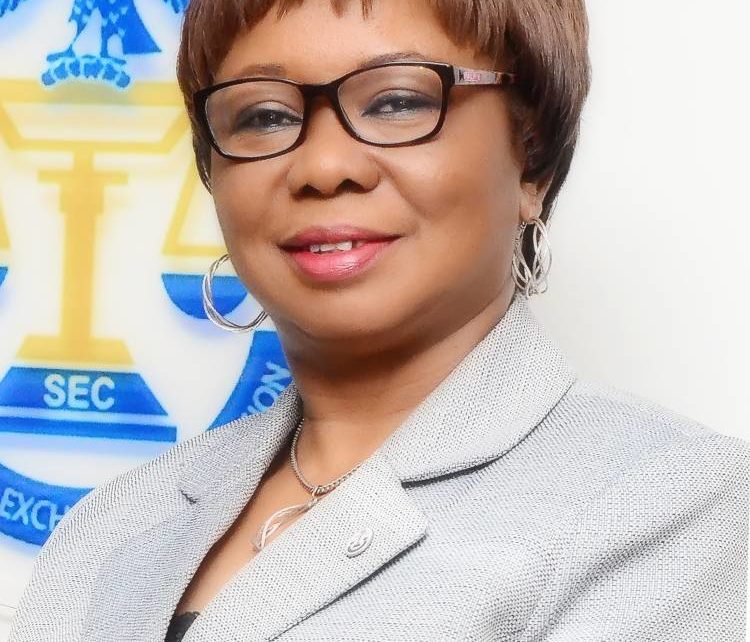The Securities and Exchange Commission (SEC) has restated its commitment to further educate and enlighten investors in the Nigerian capital market to enhance their ability to make informed investment decisions.
The Acting Director General of SEC, Ms. Mary Uduk, who gave the assurance on Monday at the Planning and writing workshop for the development of Capital Market Studies Curriculum (CMSC) for Basic and Senior Secondary Schools levels held in Lagos, explained that the development of the curriculum was one of such avenues being explored by the commission to achieve the goal.
According to her, the commission has been in the forefront in the nation’s financial literacy agenda because the SEC realised that it was important for students to imbibe the culture financial literacy in order to be familiar with the operations of the capital market.
Uduk said: “This partnership with the Nigerian Educational Research and Development Council (NERDC), to actualize this ground breaking Capital Market literacy programme, is part of the Securities and Exchange Commission’s effort at vigorously pursuing the implementation of one of the essential initiatives of the 10-year Nigerian Capital Market Master Plan”.
The investment expert explained that the implementation programme commenced with the signing of a Memorandum of Understanding (MoU between the Commission and the NERDC in 2016, to develop a stand-alone Capital Market Studies (CMS) curriculum for infusion into Basic and Senior Secondary Schools.
Uduk expressed delight that “after a successful workshop for contents selection, the stage is now set for the planning and writing of the standalone curriculum”, adding that the “SEC recognizes the efforts required for other stages of the programme and remain confident that with the active support and commitment of our stakeholders we will complete this project.”
She noted further that the Commission recognized the efforts required for other stages of the programme and remained confident that with the active support and commitment of all stakeholders, the project will be completed.
Earlier, the NERDC’s Executive Secretary, Prof. Ismail Junaidu, in his welcome remarks explained that capital market connected the financial sector with the real sector of the economy and in the process, facilitates real sector growth and economic development.
In addition, Junaidu said that the nexus between the capital market and the economy remained crucial to the proportion of long-term savings usually channeled to long-term investments and fulfils the transfer of current purchasing power from surplus sectors of the economy to deficit sections.
He said a nation’s economic growth is expected to promote an efficient and effective financial sector that pools domestic savings and mobilises capital for productive purposes.
According to the NERDC’s boss an economy that is not growing can hinder stock market development, and engender such problems as low capitalisation, which limits the savings function of the stock market; and illiquidity of the market which is a disincentive to investment.
Junaidu described capital market education as a strategic imperative requiring a comprehensive curriculum run by competent academic and professional personnel, adding that early involvement of the youth in capital market studies could derive profit, growth and perhaps be the much sought antidote to over dependence on paid employments in the country.
He pointed out this was one of the reasons the SEC approached NERDC to mainstream capital market issues into the national curriculum while also commending the SEC management on its commitment to the execution of the project.
One of the objectives of the 10 year Capital Market Master Plan is that it requires the SEC to inculcate the culture of financial literacy and specifically to introduce Capital Market Studies (CMS) into curriculum at all levels of education and to encourage CMS as a degree programme in the tertiary institutions.



